In an era where gaming transcends geographical boundaries, the recent culmination of Helldivers 2’s Heart of Democracy update stands as a testament to the immense potential for global collaboration. As players rallied from different corners of the world to fend off the Illuminate invasion of “Super Earth,” it wasn’t merely a game; it was a cultural phenomenon that fostered a sense of camaraderie among diverse communities. The highlight of this digital saga unfolded in the city of Equality-On-Sea, a virtual reflection of Shanghai, illustrating how even a pixelated battleground can unify players around a common cause.
This event did more than just provide thrilling gameplay; it sparked a dialogue among gamers, drawing the attention of media outlets like Kanka News, which highlighted the role of Chinese gamers alongside their international counterparts. Such recognition demonstrates the evolving landscape of digital interaction, where gaming serves not only as entertainment but also as a conduit for social dynamics and cultural exchange.
A Symbol of Resilience Amid Frustration
Equality-On-Sea became more than a mere location in the game; it emerged as a beacon of resilience. As one of the few cities to withstand the Continuous onslaught, it evoked strong emotional reactions from players, particularly those hailing from China. The triumph felt palpable, despite an underlying current of dissatisfaction among many gamers who felt their contributions were minimized. The defense percentage gauge—a metric intended to represent player efforts—triggered significant anxiety, leading to a wave of disappointment for those who could not push the city’s defenses to the maximum limit.
This scenario encapsulates how expectations in collaborative gaming can swiftly morph into frustration. Gamers often feel a sense of ownership, especially after dedicating significant time and effort to a cause. The disconnect between player intentions and game mechanics can create a volatile atmosphere, where even the most triumphant victories may be tainted by feelings of inadequacy or failure.
The Complex Aftermath of Collaboration
As the dust settled post-invasion, the reactions within the gaming community were telling. While many celebrated the victory, a notable faction expressed their discontent through review bombing—a disheartening method of digital protest against perceived shortcomings in game design and communication. This backlash aligns with a broader narrative in the gaming community, where dissatisfaction with developers often surfaces in organized ways, reflecting a shift in how consumers engage with the products they love.
This event showcases an important question: what is the role of developers in managing player expectations? Arrowhead, the game’s creators, now find themselves at a crossroads, needing to address the emotional stakes that players attach to their gaming experiences. Acknowledging player feedback is not merely a matter of tweaking game mechanics; it involves understanding the deep, often unspoken desires that drive community dynamics.
Bridging Cultural and Communication Gaps
In a world increasingly driven by social interaction, the experiences from Helldivers 2 present an opportunity for growth and understanding. The translation issues that surfaced during the Heart of Democracy update highlighted the inherent complexities of global communication within gaming. Players were left grappling with conflicting expectations, and this disconnect shone a light on how critical effective communication is between developers and their player base.
As gaming continues to weave itself into the fabric of daily life across cultures, narratives created in these virtual spaces can significantly influence perceptions. Helldivers 2 serves as a case study in how cooperative gameplay can foster international solidarity, but it also raises the stakes for developers to ensure that their messaging aligns with player experiences. By addressing these nuances, gaming can evolve into a more inclusive space that values both individual contributions and collective achievements.
Redefining Player Engagement
Perhaps the most profound revelation from this update is that player engagement must be reimagined in light of these complexities. With many gamers pouring their hearts into gameplay, the expectation for instant gratification is natural—but so too is the need for developers to cultivate deeper connections. The balance between creative game design and player output must be understood, not merely as a technical challenge, but as a pivotal cultural dialogue in the gaming ecosystem.
As communities across the globe band together, the story of Helldivers 2 emphasizes that victories in gaming are not just about defeating fictional foes; they are a reflection of real-world dynamics and shared human experiences. In acknowledging these truths, the gaming community can better navigate the intricate web of expectations that define collaborative play, ultimately shaping how cultures interact through the medium of gaming.
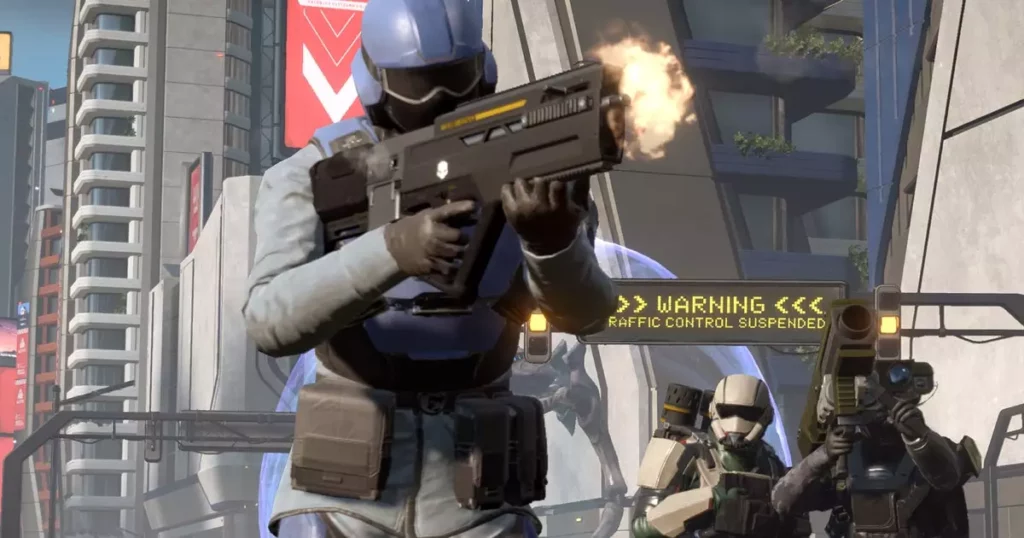
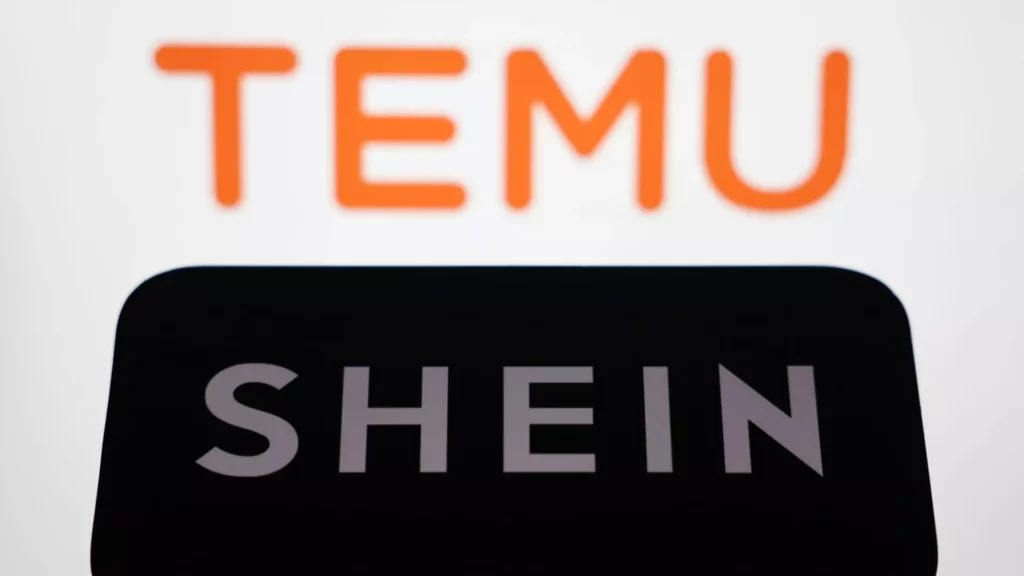
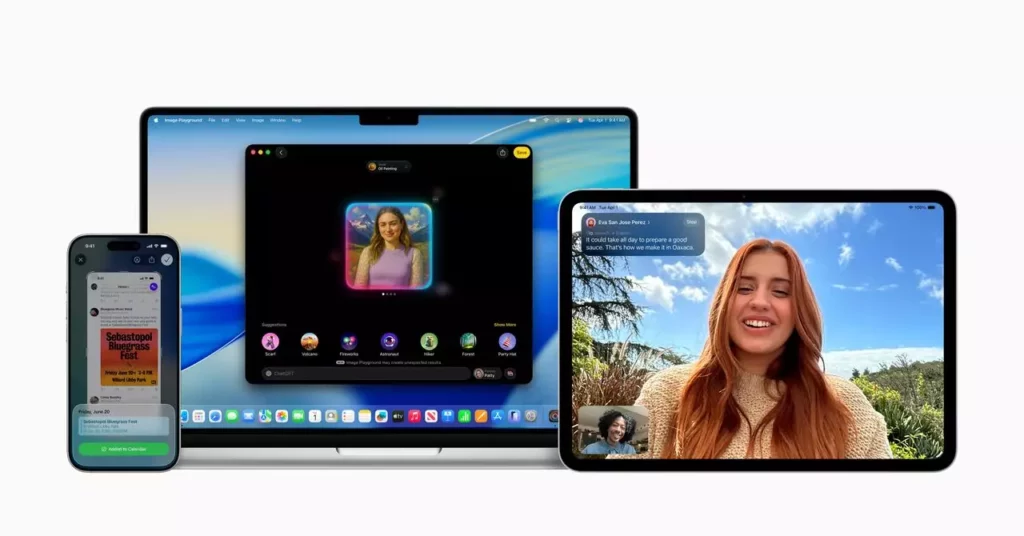
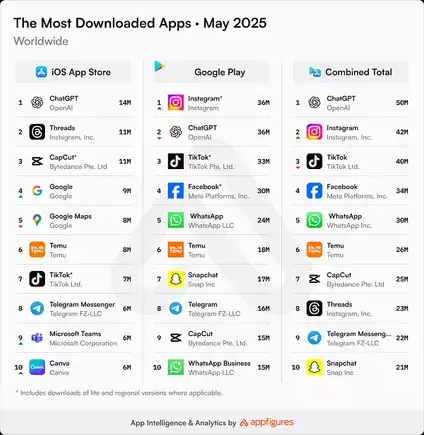

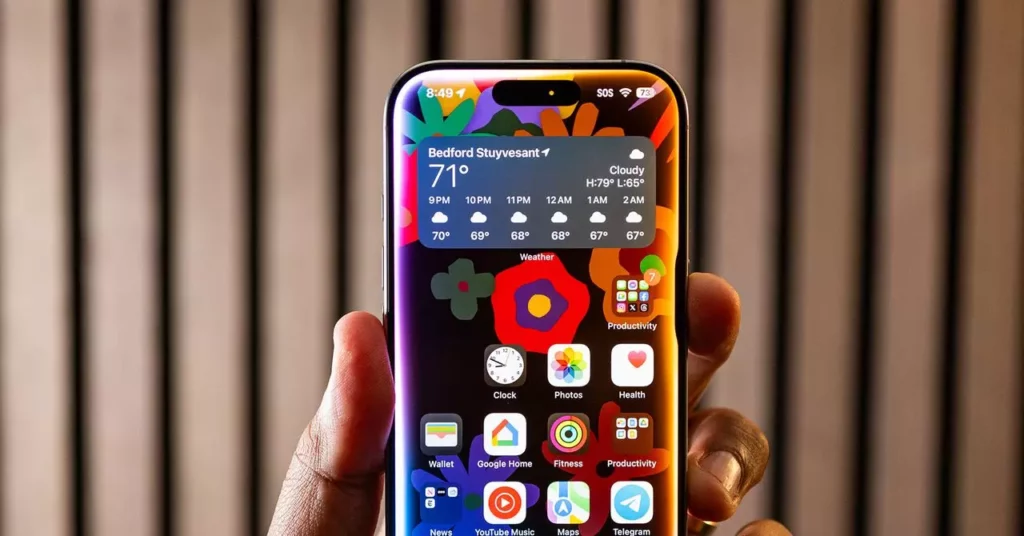


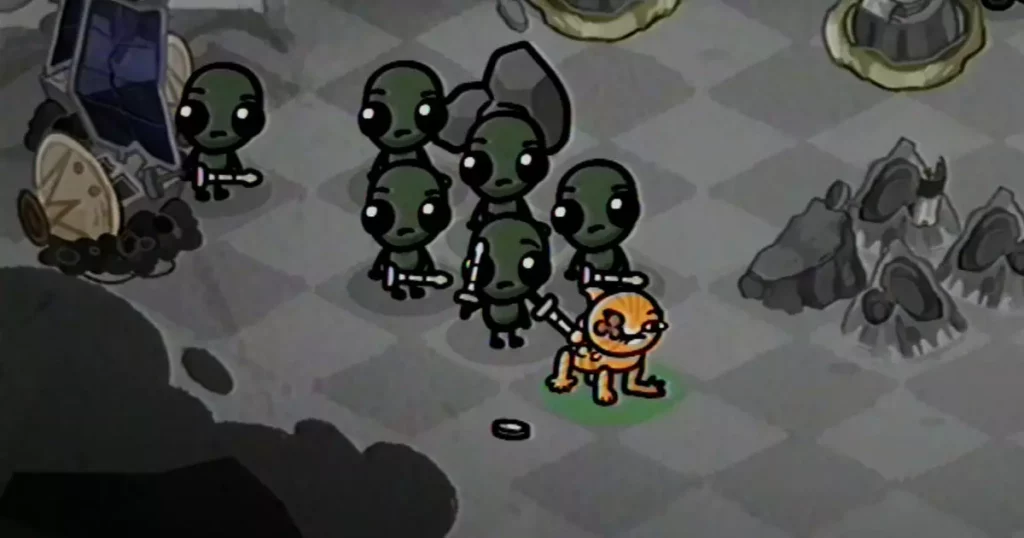
Leave a Reply